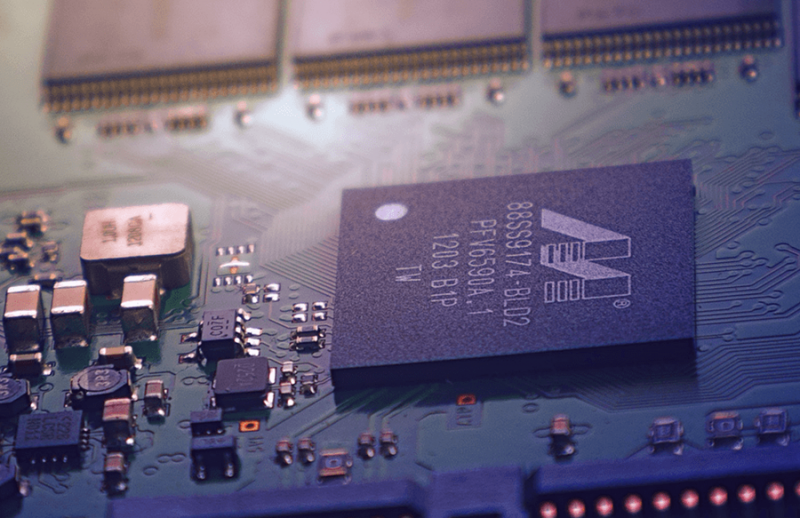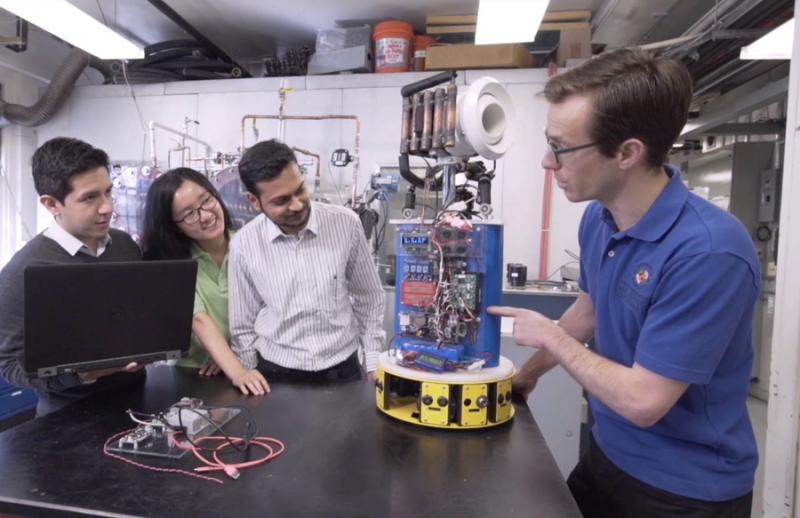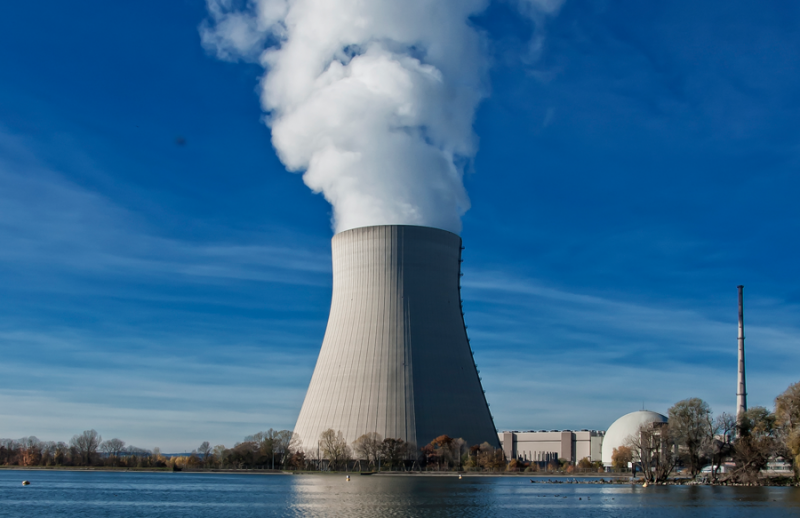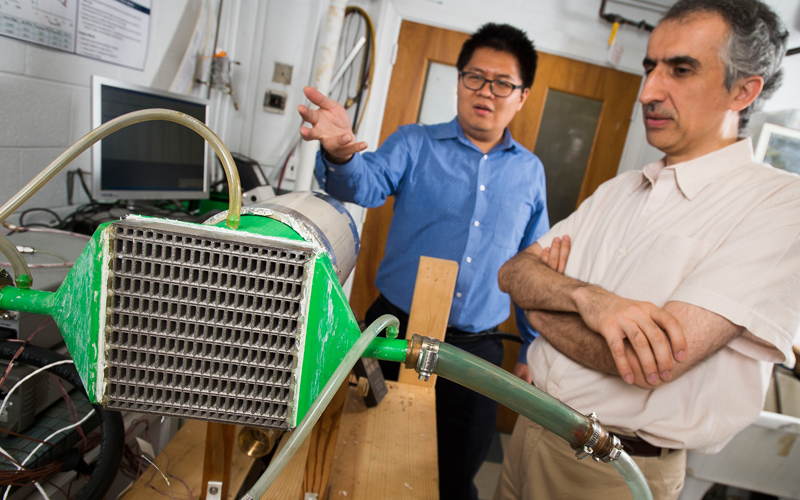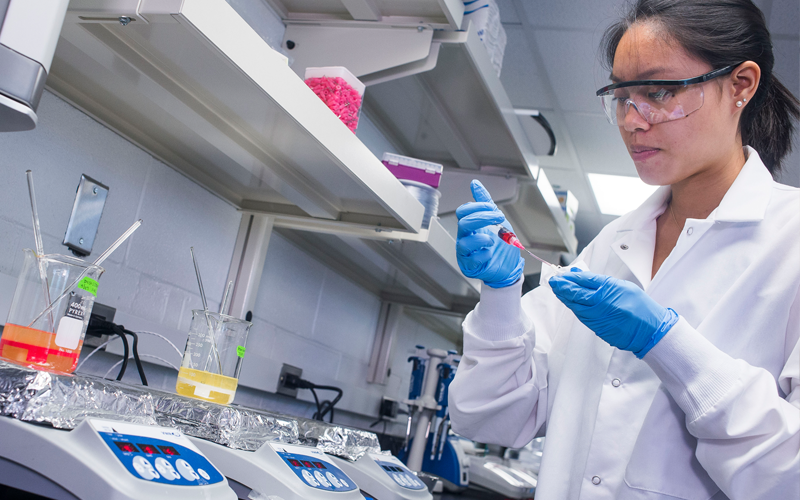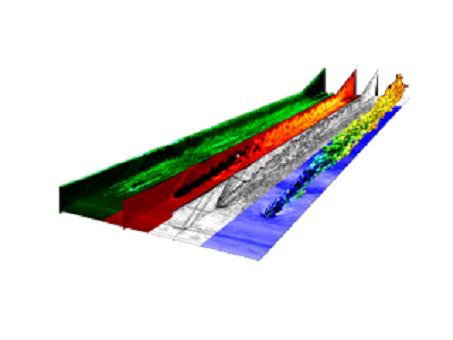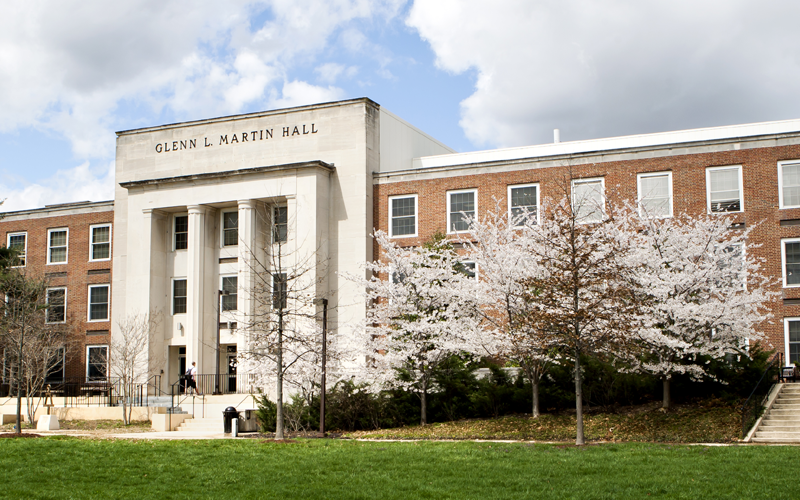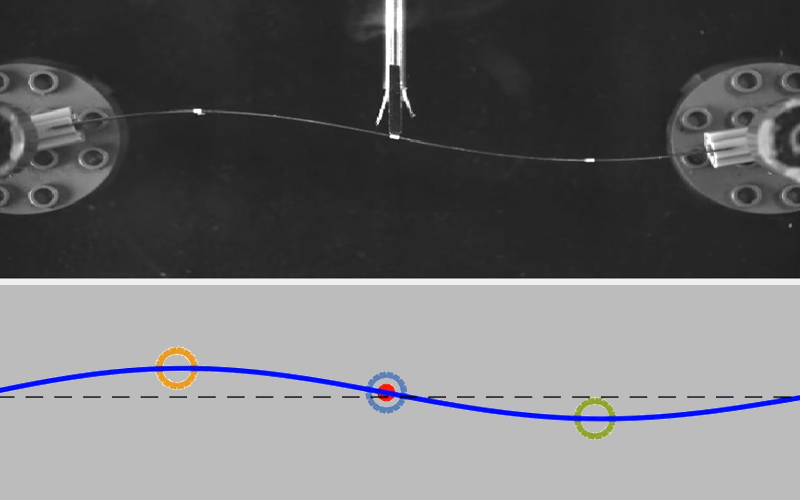Institutes, Centers & Labs
Centers
Center for Advanced Life Cycle Engineering (CALCE)
Principal Investigator: Michael Pecht
Location: 1103 Engineering Lab Building
Center for Engineering Concepts Development (CECD)
Principal Investigator: Peter W. Chung, Dylan Hazelwood
Location: 2135 Glenn L. Martin Hall
Center for Environmental Energy Engineering (CEEE)
Principal Investigator: Vikrant C. Aute
Location: 4164A Glenn L. Martin Hall
Center for Industrial Artificial Intelligence (IAI)
Principal Investigator: Jay Lee
Location: 1210 Jeong H. Kim Engineering Building
Center for Risk and Reliability (CRR)
Principal Investigator: Mohammad Modarres
Location: 0151F Glenn L. Martin Hall
City@UMD
Principal Investigator: Jelena Srebric
Location: Suite 1200, 5000 College Ave., College Park, MD 20740-3809
Labs
Advanced Heat Exchangers Lab
Principal Investigator: Michael Ohadi, Amir Shooshtari
Location: Jeong H. Kim Engineering Building, Rooms 3131-3135
Advanced Manufacturing Laboratory
Principal Investigator: Hugh Bruck, David Bigio
Location: 1110 J.M. Patterson
Bioinspired Advanced Manufacturing (BAM) Lab
Principal Investigator: Ryan D. Sochol
Location: 2152 Glenn L. Martin Hall, Bldg. 088
CALCE Labs
Center for Environmental Energy Engineering (CEEE) Labs
Collaborative Controls and Robotics Laboratory
Principal Investigator: Yancy Diaz-Mercado
Location: 2103B Glenn L. Martin Hall, Bldg. 088
Combustion Engineering Laboratory
Principal Investigator: Ashwani K. Gupta
Location: 1123 JM Patterson, Building #083
Computational Dynamics Laboratory
Principal Investigator: Balakumar Balachandran
Computational Research in Science and Technology Laboratory
Principal Investigator: Peter W. Chung
Location: 2134 Glenn L. Martin Hall, Bldg. 088
Computational Turbulence Laboratory
Principal Investigator: Johan Larsson
Location: Engineering Laboratory Building 1174
Design Decision Support Laboratory
Principal Investigator: Shapour Azarm
Location: 0109 Engineering Lab, Building #089
Dynamics and Controls Laboratory
Principal Investigator: Balakumar Balachandran
Location: 0107 Glenn L. Martin Hall, Building #088
Hydrodynamics Laboratory
Principal Investigator: James Duncan
Laboratory for Control and Information Systems
Principal Investigator: Jin-Oh Hahn
Laboratory for MicroTechnologies
Principal Investigator: Elisabeth Smela
Maryland MEMs and Microfluidics Laboratory
Principal Investigator: Don DeVoe
Multiscale Measurements Laboratory
Principal Investigator: Hugh Bruck
Nanometrology Core Facility
Phase Change Heat Transfer Laboratory
Principal Investigator: Jungho Kim
Product Innovation & Realization Laboratory Suite (PIRLS) & Design ME Suite
Principal Investigator: Xinan Liu, Aris Cleanthous
SAE Projects Laboratory
Principal Investigator: Leonard Hamilton
Location: 1227 & 1229 J.M. Patterson, Building #083
Smart and Small Thermal Systems Lab
Principal Investigator: Michael Ohadi
Systems Risk and Reliability Analysis Lab
Principal Investigator: Katrina Groth
Tubaldi Lab
Principal Investigator: Eleonora Tubaldi
Location: Engineering Laboratory Building 1177, 1177a, 1177b
Vibrations Laboratory
Principal Investigator: Balakumar Balachandran
